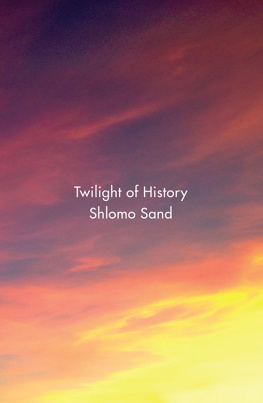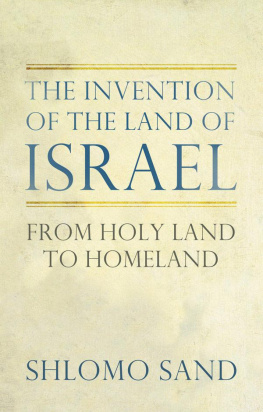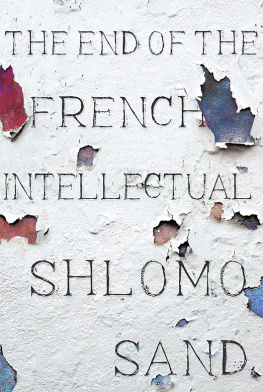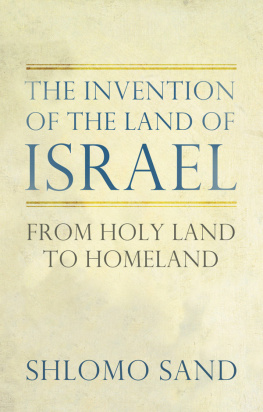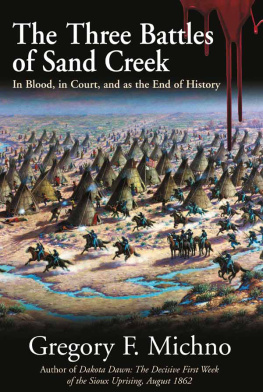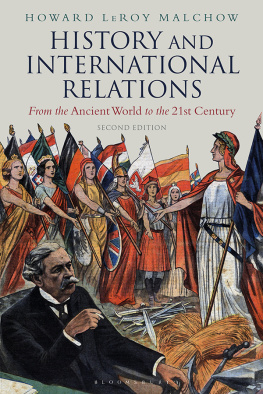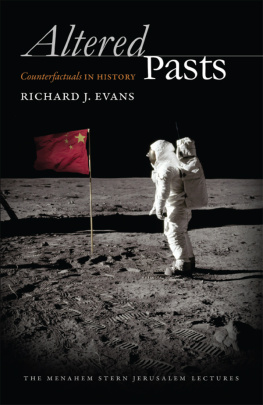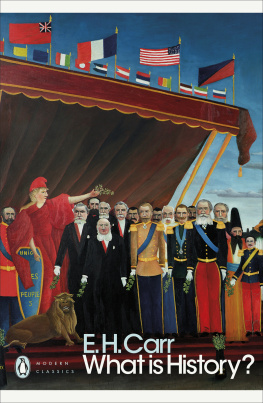My sincere thanks go to all those friends who helped me in various ways to write this book. Their encouragement and comments helped me overcome serious moments of uncertainty.
I owe a particular debt to my close friend Michel Bilis, who translated this book from Hebrew into French, without which it would have been less accessible: in the absence of his contribution, it is uncertain whether the book could have been published. Professor Israel Gershoni and Richard Desserme, by their advice and comments, also helped improve the formulation of its complicated meanderings, in both construction and presentation.
Hearty thanks also to Yael Averbuch, Yehonatan Alsheh, Yoseph Barnea, Alexander Eterman, Catherine and Michel Felix, Julien Lacassagne, Yuval Laor, Yardena Libovsky, Eliyho Metz, Anna Sergeyenkova and Assad Zoabi. Each of these in their own way unstintingly helped the completion of this project.
I am grateful to the whole team at Verso (especially to David Fernbach), whose energy and experience made the publication of this book possible in English.
The help given me by my wife Varda has been inestimable and my debt to her is considerable; she stimulated me and gave me the courage to face the complex problems that the book involved.
It goes without saying that those anomalies and mistakes unavoidably present are my sole responsibility, and that all collaborators are innocent.
History is still a disguised theology. Similarly, the reverence that the uneducated display towards the caste of scholars is a legacy of the reverence that surrounded the clergy. What was formerly given to the Church is given today to Science, if to a lesser degree.
Friedrich Nietzsche, On the Use and
Abuse of History for Life (1874)
History is the most dangerous product that the chemistry of the mind has developed. Its properties are well known. It makes people dream; it intoxicates them and generates false remembrances; exaggerates their responses; keeps open old wounds; torments them in their rest; leads them to deliriums of grandeur or persecution; and makes nations bitter, proud, intolerable and vain.
Paul Valry, Regards sur le monde actuel (1931)
As a way of starting this book, I would like to share with its readers two episodes in my life that, though they may appear of slight importance, were decisive in the development of my relation to the historians craft. The first of these, a lecture by Isaiah Berlin, goes back to my youth, at the very beginning of my university studies; the second, a meeting with Franois Furet, took place when I was already an accredited agent of the past.
Reading History Backwards
In 1973, Isaiah Berlin, the great British historian of ideas, visited Israel. Surprisingly, he had chosen to give a lecture on the enigmatic French thinker Georges Sorel. I was then just starting to study history at the University of Tel Aviv. I already knew Berlins famous essay on historical necessity, but Sorel was completely new to me. The Oxford professor made no mystery of the reason he had chosen to discuss the author of Reflections on Violence, who was almost unknown in Israel. The early 1970s had seen the peak of a wave of violent student demonstrations, greatly troubling this liberal philosopher who deemed it propitious to use an example from the past as an alarm signal. According to him, just as the theorist of revolutionary syndicalism in the early years of the century had gone on to express sympathy and support for fascist violence, so the young New Left risked drifting in due course towards a dangerous right-wing radicalism.
Being already at this point in my life a former leftist, certainly still young but already weary and disillusioned, I absolutely wanted to know what was this danger that was threatening me, and how I could guard myself against it. I immediately enrolled in a lecture course on the far right in Europe, and worked on an essay with the title Sorel: an Intellectual Father of Fascism. Not having at this time the least knowledge of French, I resorted to translations, and especially the wealth of English commentaries devoted to the French theorist of violence. I had reason to be satisfied: not only did I get high marks, but I also assuaged my curiosity in relation to Sorel. And as an added bonus, I knew now that I would never become a fascist!
Not long after, in the mid-1970s, when I was preparing to register for a doctoral programme in Paris, the writings of Antonio Gramsci had begun appearing in French, and, ironically as it might seem, they were among the very first texts I read in the language of Voltaire and Rousseau. I soon came to realize that the thinker from Turin, a Marxist of great originality, had viewed Sorel as the most serious theorist of socialism since Marx. Moreover, it appeared that Gramsci was not the only Italian intellectual to draw from this Frenchman philosophical arguments with which to oppose fascism. I found myself in great confusion and, on the advice of my supervisor, the late Georges Haupt, decided to study more closely this controversial and embarrassing figure from the early twentieth century.
I then rapidly discovered that, despite all his avatars (Sorel was a conservative in the 1880s, a Marxist and a dreyfusard in the 1890s, and a revolutionary syndicalist at the start of the new century; he flirted vaguely with the far right around 1910, but took an anti-nationalist stand in the First World War and championed the Bolshevik Revolution in 1917), Sorels turbulent political thought did not contain an ounce of fascism, and his theoretical violence was more than naive compared with that of many of his followers, both left and right, or even his later detractors.
The fact that Italian fascist intellectuals sought ideological legitimation in his writings is certainly not completely anodyne. I also learned that the word influence explains nothing, either as noun or as verb. New and original meanings always have to be stubbornly teased out and conferred.
In the early 1990s, now a history teacher at the University of Tel Aviv, I returned to Paris for a sabbatical term. Jacques Julliard, my former professor, invited me to meet Franois Furet, ex-president of the cole des hautes tudes en sciences sociales (EHESS), who was preparing a major book on Communism in the twentieth century, for which purpose he needed certain texts by and on Sorel. I was very happy at the idea of a meeting with the famous historian, who in the 1980s had helped me obtain my first temporary post as a history teacher at the EHESS.

